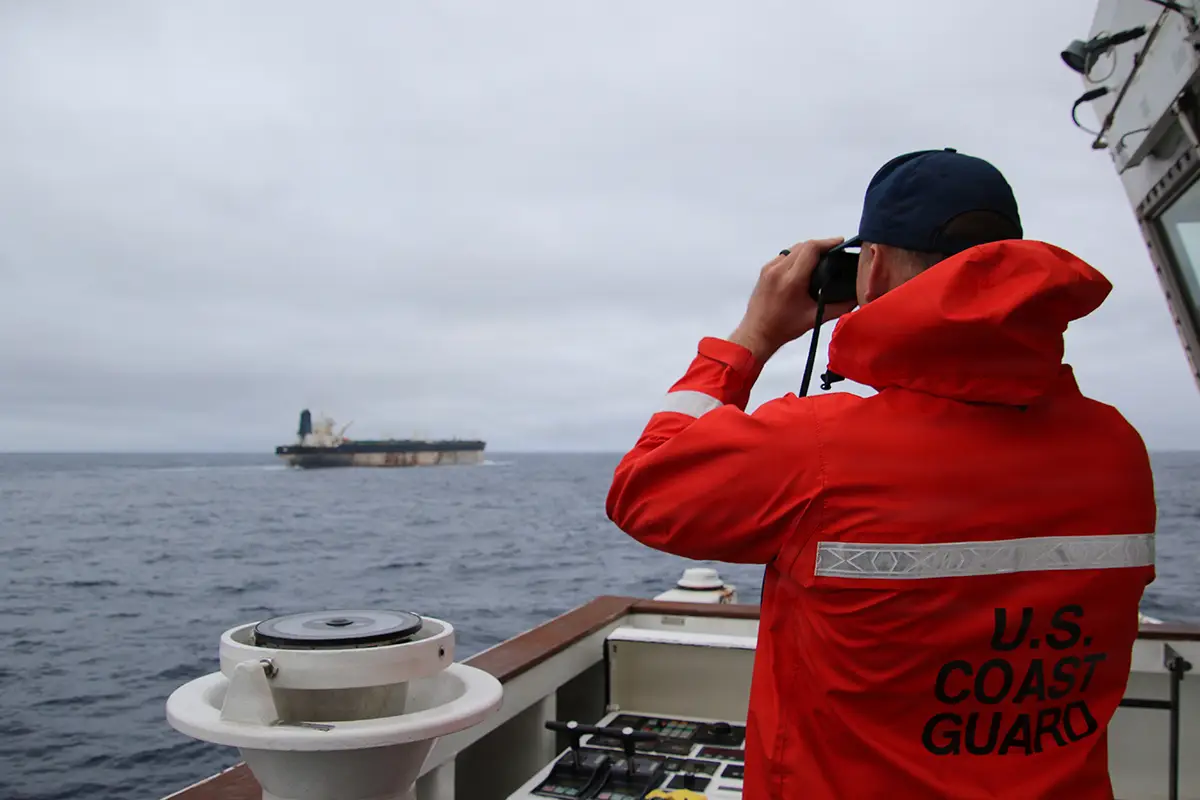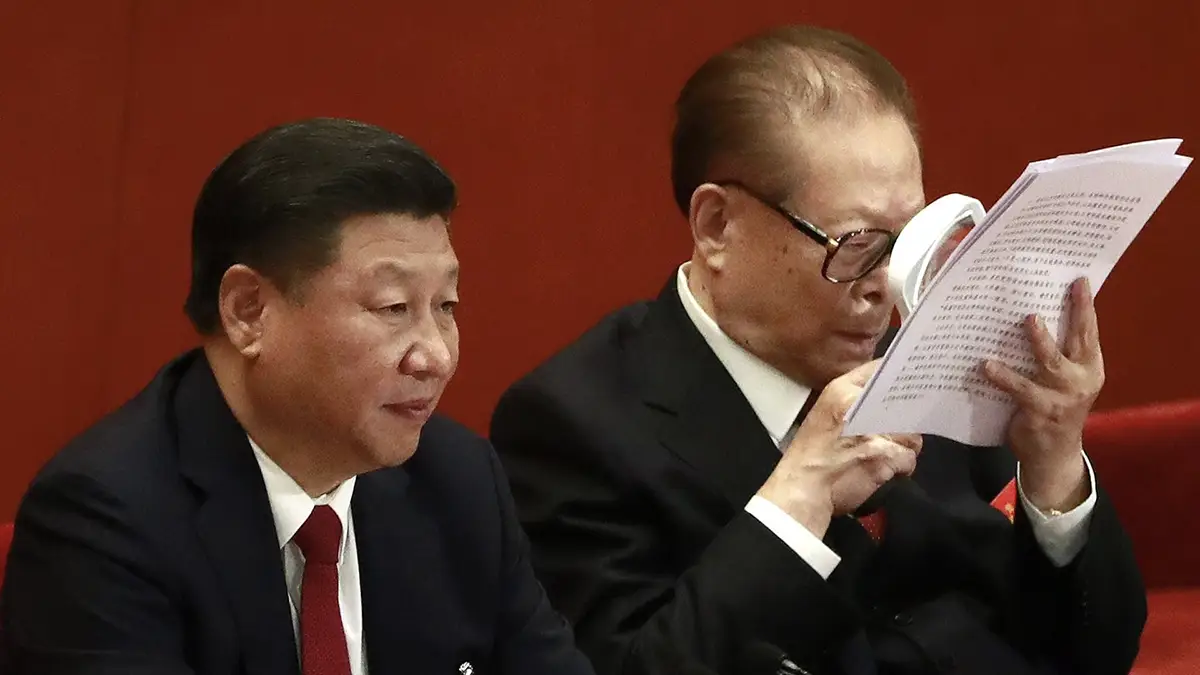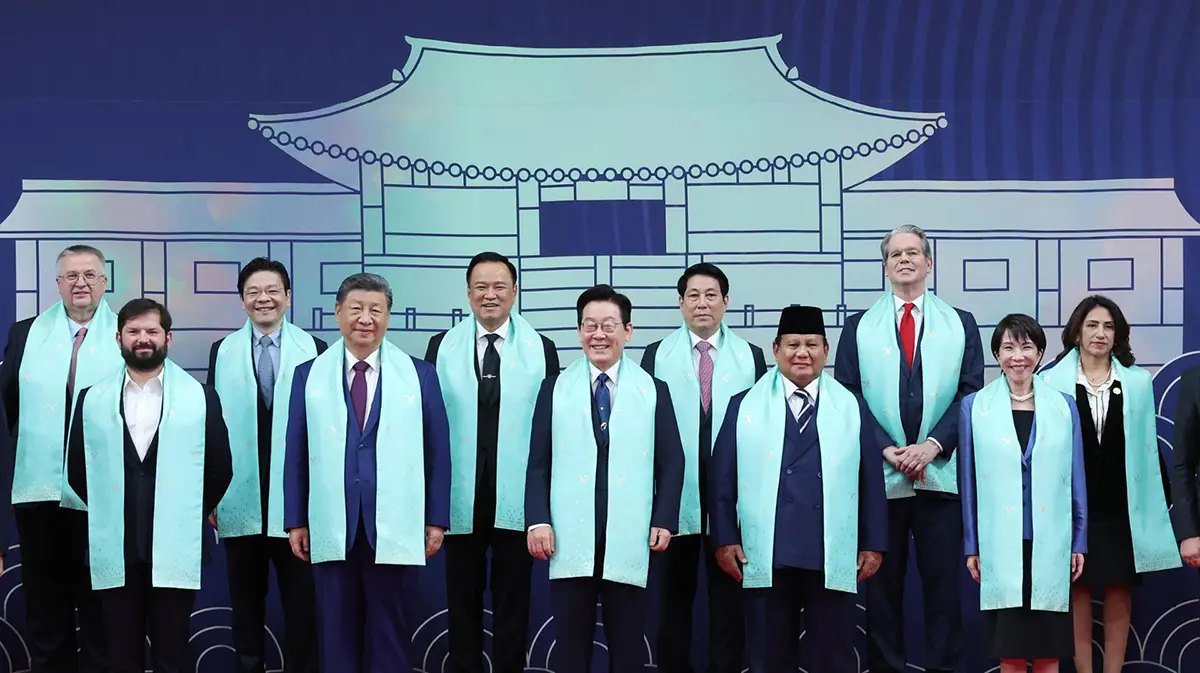What does the Russian invasion of Ukraine have to do with stability in Africa and U.S. Africa Command’s (AFRICOM) strategic competition objectives? Quite a lot, it seems. The global ramifications of this event demonstrated not only the interrelated vulnerabilities of countries thousands of miles away, but also highlight a potential shortcoming in how strategic competition is playing out across Africa. Strategic competition is not just local — measured by the number of roads built by China or the number of autocrats propped up by Russian private military corporations (PMCs) — and not just global — measured by who speaks out (and who remains silent) to condemn wide-scale war. Rather, strategic competition in Africa is increasingly becoming the impact of the global on the local to amplify pre-existing crises playing out across the continent.
In his response to questions from the Senate Armed Services Committee (SASC), the incoming Commander of AFRICOM, General Michael Langley, said that “the most significant challenge I will face as Commander [of] AFRICOM is ensuring that our Nation is able to maintain strategic access and influence across the continent. These are being hampered by our strategic competitors, the People’s Republic of China (PRC) and the Russian Federation.” Despite General Langley’s articulation of China and Russia as being on an equal competitive footing, the U.S. military typically considers China its primary competitor in Africa, with Russia as a distant second.
On the surface, this lens accurately reflects the relative scope, scale, and influence of Chinese versus Russian activities in Africa. However, it misses a crucial fact: African nations, economies, and politics are not just influenced by activities that are literally happening within the contours of their borders. The global ramifications of Russia’s invasion of Ukraine have put this in stark relief. Specifically, the second-and-third order effects of the Russia-Ukraine conflict on the “triple food, energy and financial crisis” in East Africa and the Sahel demonstrate how Russian activities in Ukraine have increased security risks in Africa.
While Chinese activities and ambitions are seen as expansive and risk fundamentally shifting the landscape of economic, political, military and social partnerships and connections between the U.S. and African partner nations, and therefore threatening U.S. access and influence, Russian activities are often described as more of an increasingly concerning nuisance. The argument goes that Russian actors in Africa, primary PMCs with connections to the Kremlin, are motivated by opportunism and profit, arms sales, access to natural resources and, at times, attempts to spoil U.S. and Western objectives in places where doing so intersects with their other financial interests.
In other words, Russian activities in Africa, while harmful to U.S. interests, are limited in ambition.
This is not to invalidate concerns about Russian activities on the continent. As General Langley highlighted, backsliding democracies and weak regimes create favorable conditions for the growth of terrorists and violent extremist organizations (VEOs) in poorly governed spaces. Russian PMCs have emerged as one direct contributor to poor governance by supporting autocratic regimes and operating with impunity.
However, recent events have demonstrated that this lens is too narrow. As many countries in Africa are still reeling from the economic effects of COVID-19 that have pushed 50 million people into extreme poverty, Russia’s invasion of Ukraine has sharpened multiple ongoing crises by exacerbating troubling trends in food, energy and financial security. According to the UNDP’s senior Africa economist Raymond Gilpin, many African countries are facing a trifecta of ongoing COVID-19 effects, food scarcity and the climate crisis. UN Secretary-General Antonio Guterres amplified this message, highlighting the war in Ukraine’s impact on multiple crises across the continent. Food security in East Africa (Somalia, Ethiopia’s Tigray region, Kenya, Sudan, South Sudan and elsewhere), had already reached a point of catastrophic concern before Russia’s invasion of Ukraine because of the pandemic, extreme weather, inflation and skyrocketing fuel costs. As Russia and Ukraine provide over 40 percent of Africa’s wheat, this food security emergency worsened after the Russian invasion. Complicating this dynamic is the mixed political response by African governments to the Russian invasion. Leaders are split, with some siding with the West in condemning Putin’s actions, a small minority openly supporting Putin and the majority abstaining from comment or condemnation in an attempt to represent a “neutral” position.
Food, energy and financial insecurity both contribute to and worsen the conflict, where scarcity, violence, destabilization, and humanitarian disasters lead to a cycle of underdevelopment, human suffering and exploitation by opportunistic actors like VEO. For example, amid war in Ethiopia’s Tigray region, the price of fertilizer has increased 200 percent and food inflation is up 43 percent, piling hardship upon hardship. The Horn of Africa and the Sahel specifically are at greater risk of food insecurity from climate change, export restrictions and stockpiling, and both areas are also seeing an increase in violent extremist activities. According to the 2022 Global Terrorism Index, Africa is now the global epicenter of terrorism, and as General Langley highlighted in his response to questions from the SASC, al-Shabaab, the largest and most active al-Qaeda network in the world, is growing in influence and other groups like Jama'at Nasr al-Islam wal Muslimin (JNIM) are increasing operations in the Sahel.
Given these troubling trends, it is an apt time for the incoming Commander of AFRICOM to consider how the direct and indirect effects of strategic competition — in this instance, Russia’s invasion of Ukraine — play out a continent away and affect U.S. objectives. Further, in considering how to compete with Russia (and China) in Africa, it is crucial to consider how the effects of the competition itself contribute to conditions for the insecurity that AFRICOM’s activities attempt to combat.



